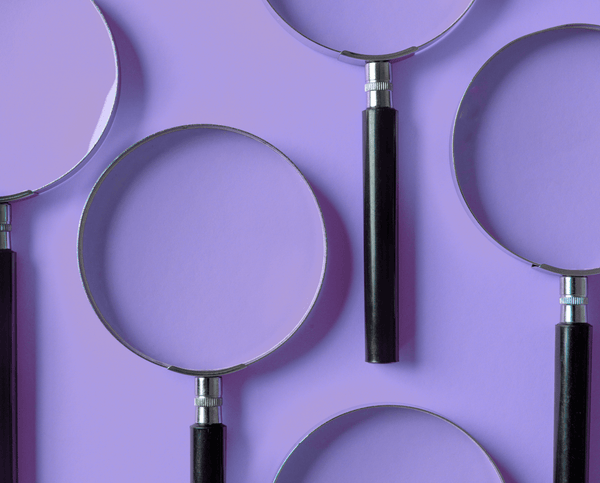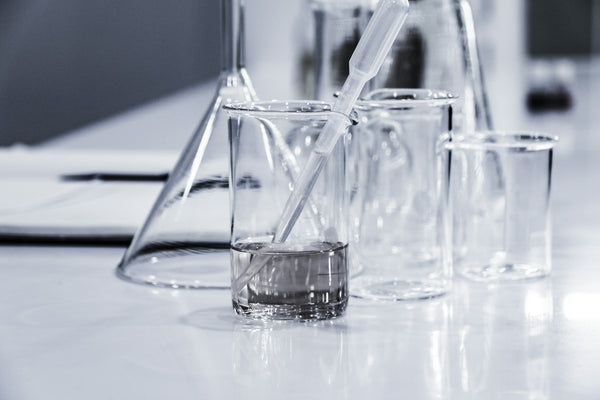Article
The Egg Donation Journey: From Donor Eggs to Embryo Transfer
Posted on
Egg donation is a life-changing option for individuals and couples who are struggling with infertility. For many, using donor eggs offers a pathway to parenthood when other fertility treatments have been unsuccessful.
In this blog, we will explore the egg donation journey from start to finish, including the requirements for egg donation, the process of donation, and how to prepare your body and mind for embryo transfer.
What is Egg Donation?
Egg donation involves the process of using another woman's eggs (oocytes) to create embryos through in vitro fertilisation (IVF). These donor eggs are typically fertilised with sperm in a lab setting, and the resulting embryos are transferred into the recipient’s uterus.
This method is ideal for individuals who may not have healthy eggs of their own due to age, medical conditions, or genetic factors.

Requirements for Receiving Donor Eggs
There are several requirements for egg donation that recipients must meet before proceeding with the process. Here are the key factors:
- Age: Many clinics have an upper age limit for recipients, typically around 50, as the chances of a successful pregnancy decrease with age.
- Health screenings: Recipients need to undergo medical evaluations, including blood tests, to ensure their uterus can support a pregnancy.
- Uterine health: A healthy uterine environment is crucial. Doctors often check for conditions like fibroids or other abnormalities.
- Emotional readiness: Beyond the physical, it is essential for recipients to be emotionally prepared for the egg donation process, as it involves complex decisions about family building.
The Process: From Donor Eggs to Embryo Transfer

The egg donation process can seem overwhelming at first, but understanding each step can help ease the journey. Here’s a breakdown:
1. Oocyte Cryopreservation
The process begins with Oocyte cryopreservation—the freezing of donated eggs. The donor undergoes hormone treatment to stimulate egg production, and the eggs are retrieved and frozen. Recipients can choose either fresh or frozen donor eggs depending on their situation.
2. Fertilisation
Once the donor eggs are selected and ready, they are thawed (if frozen) and fertilised with sperm in a lab using IVF techniques. The fertilisation process allows the creation of embryos, which are monitored for development over several days.
3. Embryo Transfer
When the embryos have reached an optimal stage (usually around day 5), one or two healthy embryos are selected for transfer into the recipient's uterus. This is a non-invasive procedure, and success rates for egg donation IVF are typically higher than for traditional IVF cycles, with live birth rates averaging between 49-55% per cycle.
Preparing for Embryo Transfer: Nutrition, Supplementation, and Mindset
Preparing your body and mind for an embryo transfer is a vital part of increasing the chances of a successful pregnancy. Here’s how to get ready:
Nutrition
Focus on a nutrient-dense, balanced diet that supports fertility. Key nutrients to incorporate include:
- Folate: Found in leafy greens, folate is crucial for early pregnancy development. A supplement of 400 mcg is often recommended by healthcare providers.
- Omega-3 fatty acids: These are essential for reducing inflammation and supporting overall reproductive health. Sources include fatty fish like salmon, chia seeds, and walnuts.
- Iron: Adequate iron intake is important for pregnancy. Boost your intake with lean meats, lentils, and spinach.

Supplementation
In addition to a healthy diet, there are supplements that may help optimise fertility and support the embryo transfer process:
- Vitamin D: Studies show that adequate levels of vitamin D are linked to higher IVF success rates. A recent study also suggested that Vitamin D deficiency has been linked to an increased risk of miscarriage.
- CoQ10: This antioxidant supports egg health and cellular energy. Some fertility specialists recommend it to both donors and recipients.
- Probiotics: The vaginal microbiome plays an important role in maintaining a woman’s overall health, but it is a very different environment than the gut. Whilst the gut is home to trillions of bacteria from several different species and a well diverse gut microbiome is an indicator of good gut health, the vaginal microbiome is dominated by the Lactobacillus genus. This means it is important to look out for a fertility friendly one.
Mindset Preparation
Preparing mentally for embryo transfer is just as important as physical preparation. Consider incorporating these practices:
- Mindfulness and meditation: Practicing mindfulness can reduce stress levels, which may positively affect pregnancy outcomes. Learn more about fertility and mindset here.
- Visualisation techniques: Visualising a positive outcome, including imagining the embryo implanting and growing, can help foster a hopeful and calm mindset. We recommend the Zita West Mindset Preparation for IVF Visualisation.
The egg donation journey is a remarkable opportunity for individuals and couples facing infertility. By understanding the requirements for egg donation, the process from Oocyte cryopreservation to fertilisation, and preparing with nutrition, supplementation, and mindset, you can enhance the chances of a successful pregnancy.
As with any medical process, be sure to work closely with your fertility team for personalised advice.
Further reading
-

Kaneka Ubiquinol (CoQ10) & Fertility: What the Research Shows
Unpacking the science behind Kaneka Ubiquinol’s role in supporting reproductive health and its antioxidant benefits for both prospective mothers and... -

Debunking Five Common Fertility Myths
Fertility is a subject that often attracts myths, speculation and outdated advice. For people who are trying to conceive, this...


